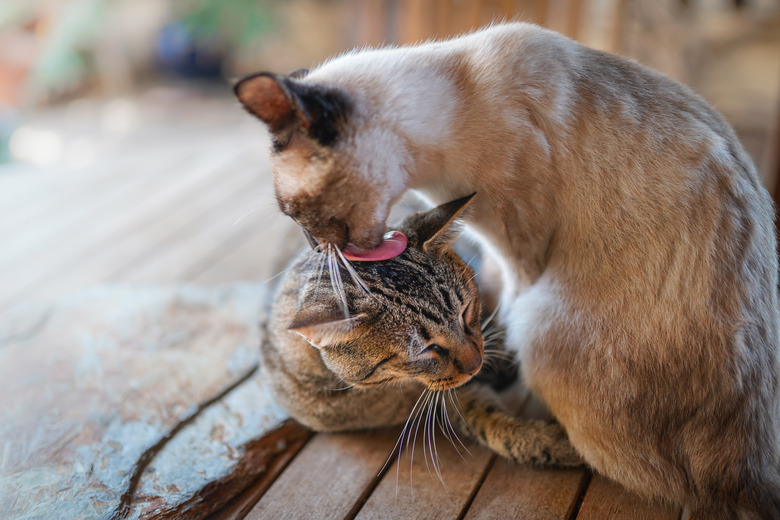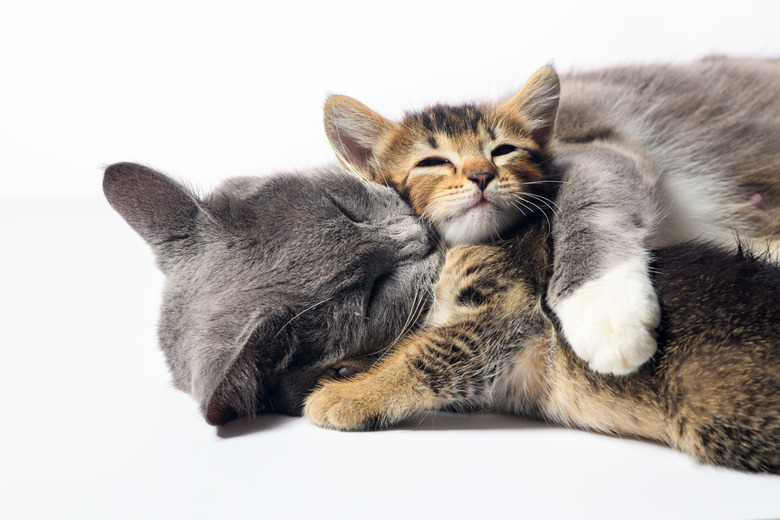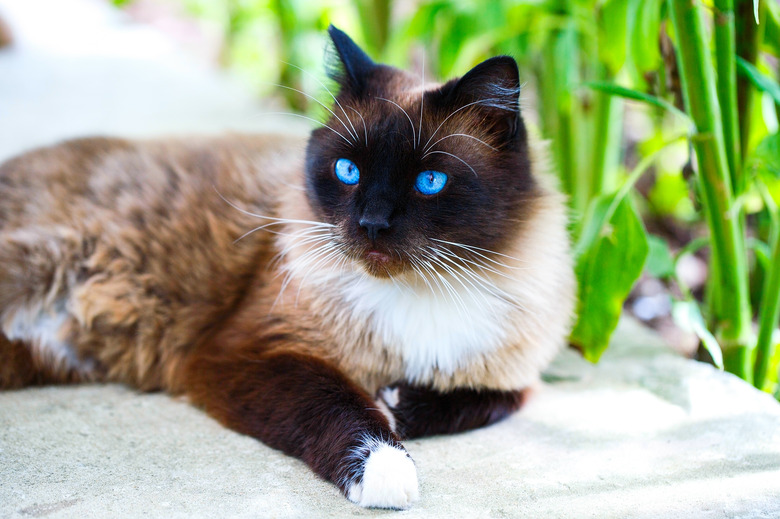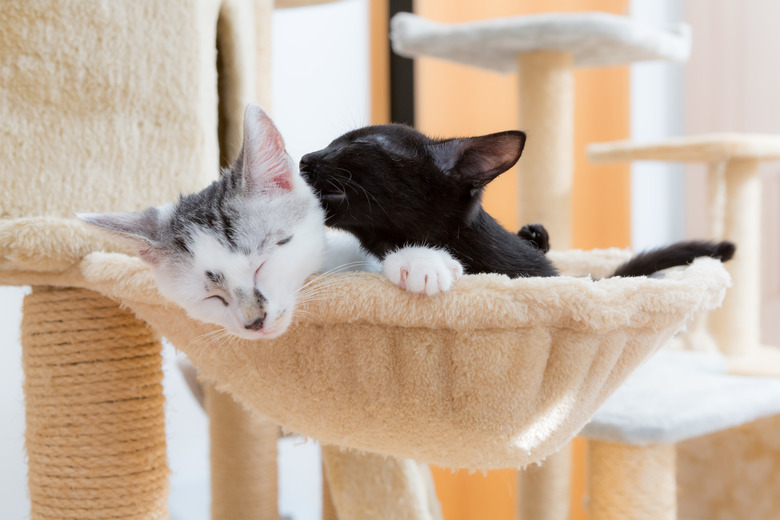Why Do Some Cats Chew Off Other Cats' Whiskers?
Usually, when cat owners notice that a cat's whiskers are shorter than normal, it means something happened to them. Someone might have cut the cat's whiskers, which they shouldn't do, even though it doesn't physically hurt the cat. The cat might have gotten into a situation where their whiskers got burned off. Or, maybe they got their whiskers chewed off by another cat! This cat behavior is rare, but it does happen.
Whisker chewing in cats
Whisker chewing in cats
If you notice that a cat looks like their whiskers were cut, it's possible that another cat chewed them off. Adult cats may sometimes chew off another cat's whiskers. Some experts report that owners have reported seeing cats with missing whiskers and assuming that someone cut them. It's hard to know the reason for whisker chewing in cats, but one possibility is the mother excessively grooming their kittens and then accidentally biting off their kitten's whiskers.
Another possibility is that the mother cat intentionally chewed off their kitten's whiskers when the kitten misbehaves, or possibly if the mother cat is stressed — excessive chewing or inappropriate chewing, or even licking is often a sign of stress or anxiety in both cats and dogs. If an adult cat is chewing off another adult cat's whiskers, it could be done out of a sense of dominance or control.
Finally, littermates chewing off another kitten's whiskers could be happening out of boredom or a need for stress reduction. Whisker chewing could also happen as a result of mutual grooming, in which it's common for cats to chew on their fur and nails. As long as it isn't causing a problem and the cats aren't fighting about it, it's probably fine.
The purpose of a cat's whiskers
The purpose of a cat's whiskers
The purpose of a cat's whiskers are to provide a sense of their environment. A cat's whiskers are like an extrasensory organ. They are thicker than hairs and are embedded deeper into the skin. The whiskers transmit information like vibrations from air movement or from their prey. Whiskers on a cat's face are usually about the width of a cat's body. When a cat is exploring whether or not they can go into a small space like a tunnel or a box, they will use their whiskers to help guide them.
If they feel the edges with their whiskers, that tells them they probably will not fit within the space. It's not a good idea for a cat to not have whiskers, because the whiskers provide them with such important information about their environment. If your cat's whiskers have been chewed off, they may feel a little confused since they are not receiving some of the sensory information they are used to getting.
That said, cats do regularly lose and regrow their whiskers. Still, normal whisker loss in cats is to lose one or two at a time, similar to how we are losing some hair all the time, but not all of our hair all at once. It's normal for cat owners to find a whisker or two around the house. There are some medical reasons for abnormal whisker loss, so if you see any symptoms that your cat is developing a problem, get her checked out. Allergies or other skin problems can result in hair and whisker loss. An infection could result in whisker loss.
In summary
In summary
If you see a cat whose whiskers look like they have been cut, it's possible that another cat has chewed them off. A cat's whiskers are an important sensory organ so whenever they lose their whiskers it's a cause for concern. Whisker chewing is an unusual cat behavior but it's not unheard of. Mother cats have been known to chew off their kitten's whiskers, possibly as a result of excessive grooming or because they were misbehaving. Littermates may chew off the whiskers of their other littermates for similar reasons. Adult cats who chew off the whiskers of other cats may be doing it out of a sense of dominance.



